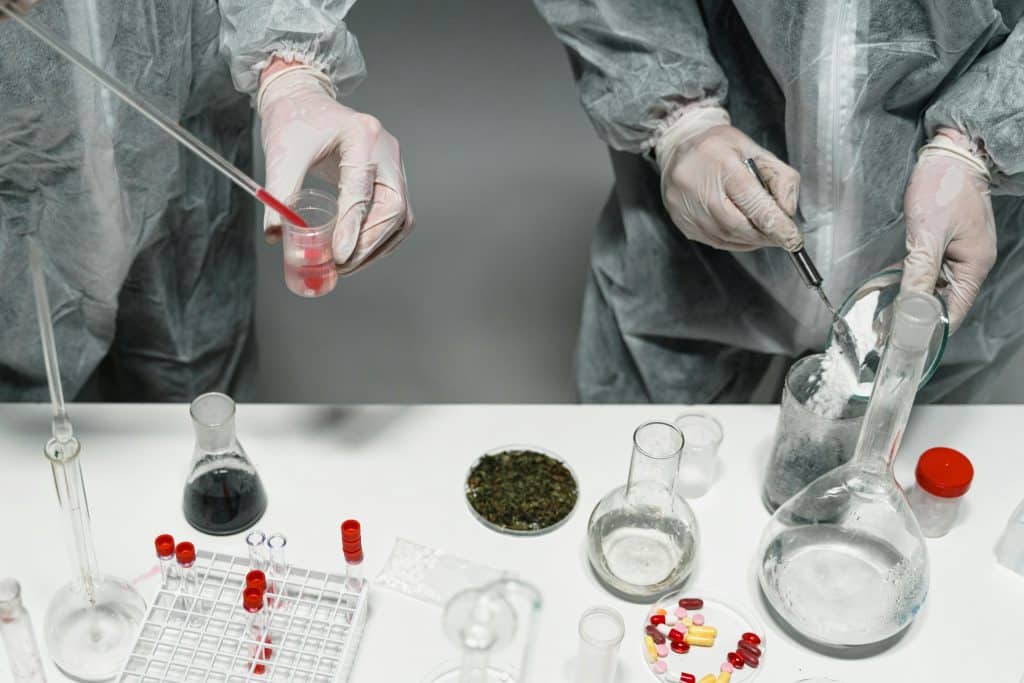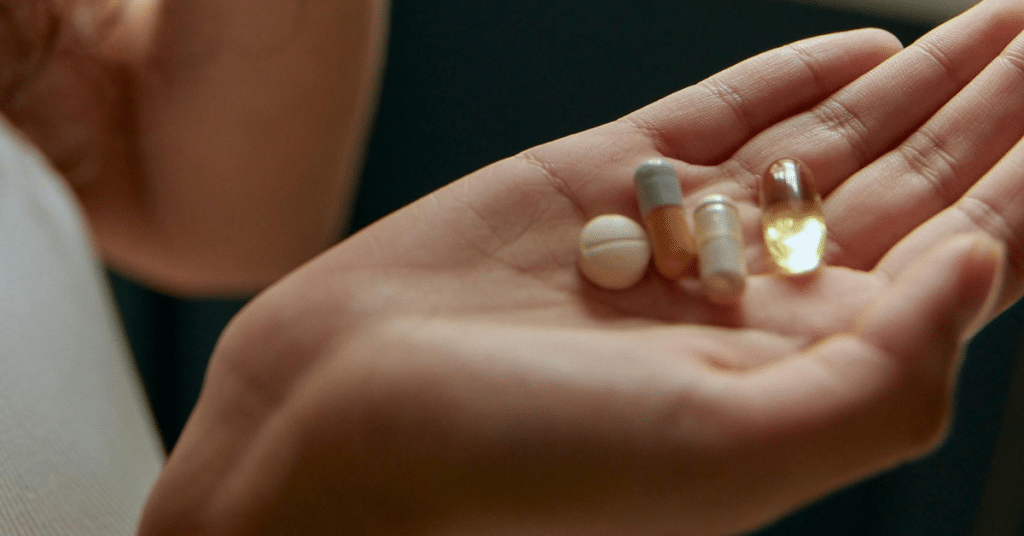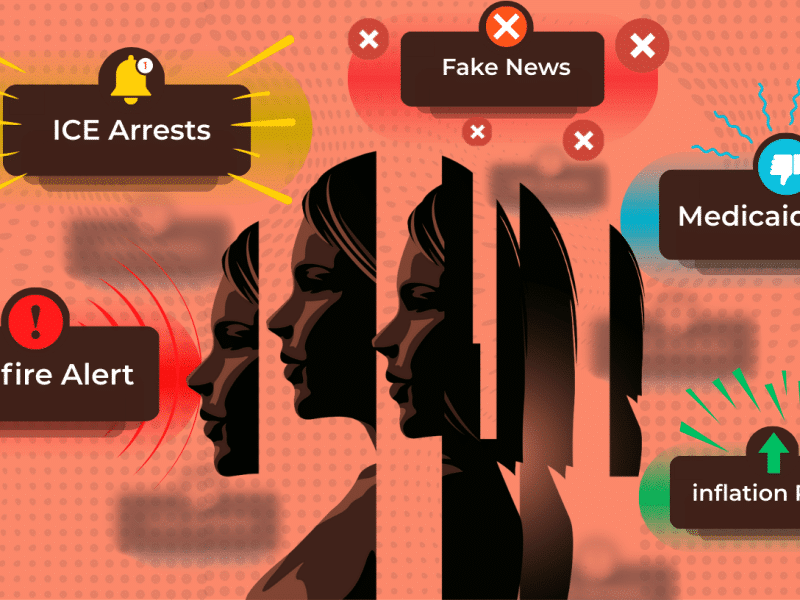5 Misconceptions About Supplements: Setting the Record Straight
Think you know supplements? From “natural = safe” to “more is better,” there’s a lot of hype out there, and not all of it holds up.
Supplements have become part of many people’s daily wellness routines, but that doesn’t mean they’re always well understood. Misinformation about vitamins, minerals, and herbal remedies is everywhere, especially on social media, where “natural” is often equated with “safe” and more is often considered better. But like anything related to health, the truth is a little more nuanced. Let’s break down five of the most common myths about supplements and what you should actually keep in mind before adding anything to your cart and your body.
Supplements Can Be Necessary for Many

It’s a common belief that you don’t need supplements if you “just eat healthy.” While that might be true for some people, others may need extra support. For example, pregnant people are often advised to take folic acid to reduce the risk of birth defects, vegans and vegetarians may need vitamin B12, since it’s mostly found in animal products, and older adults may require vitamin D or calcium to support bone health. Supplements shouldn’t be a daily default, but they can play an important role when used purposefully and under a healthcare provider’s guidance. So, the truth is that supplements can be necessary for many; it just depends on individual needs.
Natural Doesn’t Always Mean Safe

It’s easy to assume that if something is derived from plants, it’s safe to take. But natural supplements can still interact with medications, cause side effects, or even be harmful in large doses. For example, some herbal supplements like St. John’s Wort can interfere with antidepressants or birth control. Your best bet is to always research what you’re taking and talk to your doctor or a registered dietitian, especially if you’re managing a medical condition or taking other medications. Always keep in mind that “natural” doesn’t always mean harmless or appropriate for everyone.
More Isn’t Always Better

It’s tempting to think that doubling up on vitamins will double your health benefits, but that’s not how the body works. Overdosing on certain nutrients, like vitamin A, vitamin D, or iron, can lead to serious side effects, including toxicity. Instead, aim for the recommended daily amount. It’s both safer and more cost-effective, so it’s a win/win. No need to waste your money on megadoses your body doesn’t need (or can even absorb).
Supplements Can’t Replace a Healthy Diet

No supplement can offer the full spectrum of nutrients, fiber, and antioxidants that whole foods provide. While they can help fill in gaps, especially if you’re dealing with dietary restrictions or food access challenges, they’re not a free pass to skip veggies or real food in general. Food always comes first, and supplements should be thought of as just that: a supplement to a foundation of nutritious eating. They’re complements, not replacements. It’s why experts recommend getting most vitamins and minerals from nutrient-rich foods, as these are more easily absorbed and provide additional health benefits not found in supplements.
Supplements Aren’t Poorly Regulated and Unsafe

The FDA monitors supplements for safety after they reach the market, and they can remove dangerous products, but they don’t approve supplements for sale. While supplement regulation isn’t as strict as prescription drug regulations, there are ways to choose safe, high-quality products. As a rule of thumb, look for third-party testing and certification from organizations like USP (U.S. Pharmacopeia) or NSF International. These seals mean the supplement was tested for purity, potency, and safety. Also, buy from brands that are transparent about sourcing and ingredients, not from random social media ads. And of course, always consult a healthcare provider before starting something new, especially if you’re managing a chronic condition or are pregnant.
Final Thoughts: Know What You’re Taking and Why

Supplements can support your wellness journey, but only if you’re informed. Don’t fall for hype or one-size-fits-all advice. Instead, listen to your body, ask questions, and lean on trusted professionals. Your health deserves more than guesses. The more you understand about your body and what you put into it, the better decisions you’ll be able to make, not just about supplements, but about anything that’s meant to support your wellness and overall health.
The information provided in this article is for educational and informational purposes only and is not intended as a substitute for professional medical advice, diagnosis, or treatment. Always seek the advice of your physician or other qualified healthcare provider with any questions you may have regarding a medical condition or treatment.




